Attention Deficit Hyperactivity Disorder (ADHD) is the most common neuropsychiatric condition in childhood and adolescence
It’s also the second most frequent medical condition in childhood after asthma. ADHD affects around 1 in 20 children and adolescents worldwide, meaning that in a school setting, at least one child per class would be affected by this condition.
Our team of ADHD specialists is committed to helping every child with ADHD unlock their potential.
Treatment for ADHD in children: a positive approach
At Re:Cognition Health, we believe that ADHD should not be viewed as an impediment. In fact, people with ADHD have many positive characteristics! They can succeed because of their charming attitude, endless energy and vitality, creativity, problem-solving skills and empathy. In a school environment a child might benefit from enhanced creativity, hyper-focus, vitality and spontaneity. With the right support, the opportunities are endless.
Is ADHD genetic?
The myth that ADHD is a result of ‘bad parenting’ is simply not the case. In fact, scientific evidence shows that ADHD/Attention Deficit Disorder is a highly heritable condition. It’s believed that it’s caused by a combination of certain susceptibility genes and environmental risks factors during pregnancy and early childhood, like low birth weight and prematurity.
Diagnosing ADHD in children
If you suspect that your child presents with any of the following symptoms, they might benefit from an ADHD assessment:
- Getting easily distracted and making careless mistakes, particularly with tasks that do not interest them. For example, reading a complex book on a topic they’re not interested in
- Blurting out answers or thoughts, like in a lesson at school or during quiet reading time
- Difficulty waiting their turn to do something, like finding it hard to stand in a queue and wait
- Difficulty organising and managing tasks. They may miss important deadlines, particularly during busy periods at school
- Fidgeting and finding it difficult to sit still, often finding a reason to stand and walk around when sitting down is expected
- Being forgetful and tending to lose or misplace things
- Being easily distracted by the environment or by unrelated thoughts, like day-dreaming
- Feeling restless or edgy, have difficulty turning their thoughts off, and finding stress hard to handle
- Tending to do things on the spur of the moment, without thinking, which gets them into trouble
How is ADHD diagnosed?
The only way to diagnose ADHD is by completing a specialist assessment in a clinical environment. This ensures that the diagnosis is accurate and enables a bespoke treatment plan to be created. It’s important to get an early diagnosis as this can have a significant impact on the condition in later life.
The ADHD assessment lasts for approximately 1.5 hours and includes an online test, called the QbCheck, a clinical interview and the completion of a number of validated assessment scales.
The QbCheck and QbTest are the only ADHD tests that are both CE marked and FDA/TGA cleared for use as an aid in the assessment and treatment evaluation of ADHD for people aged 6 to 60 years old. The test measures attention, impulsivity and motor activity and is an important piece of evidence used to support the final clinical judgement.
After the test has been completed, a Consultant Child & Adolescent Psychiatrist will conduct a comprehensive clinical assessment which will review the results of any questionnaires completed prior to the appointment as well as school reports and other evidence. Most importantly, it will include an in-depth interview with the child, exploring their symptoms, medical history and behaviour.
What treatment options are available for ADHD?
It’s often thought that medication is the only treatment option available for people with ADHD. However, a broad range of non-pharmacological approaches exist, such as omega 3 supplements, exclusion diets, cognitive therapy, or neurofeedback. A combination of the two are found to be very successful in treating the condition in some children.
Education and support can also be provided to families and educational professionals. For example, parents of children with ADHD/ADD might find parenting strategies very useful. Psychoeducation of parents, teachers and those directly dealing with ADHD/ADD is also highly recommended.
Whatever your preference, our ADHD Specialists are here to support your child.
